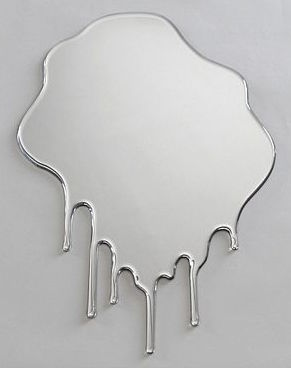02 Mar Of mirrors – real and metaphorical
 “Spieglein, Spieglein an der Wand, wer ist die Schönste im ganzen Land?”
“Spieglein, Spieglein an der Wand, wer ist die Schönste im ganzen Land?”
Or in English: “Mirror, mirror on the wall, who is the fairest of them all?”
Ah, the power of folk tales. They are not just there to entertain children – they have meaning for all ages.
‘Snow White’ is no exception.
An old folk tale from the Germanic tradition – retold and made famous by the Grimm brothers – and then by Disney.
So, what’s the message in Snow White then?
As with any good story, there are various interpretations – and what you get out of it in the end is up to you.
Here’s what I see in this tale:
It reminds me that mirrors just reflect back – they don’t have an opinion.
We need to interpret the image ourself – and decide about what we want to do with what we see.
For example, a mirror shows us when we look haggard.
Making the connection to the need for more sleep, is up to us.
Sometimes this impartial reflection can be a bit harsh, and we don’t like what’s staring back at us.
We might like to punch the mirror – it will break, but it won’t make us look different.
This is what the tale is telling us.
Killing Snow White because she was the most beautiful – would not change the fact.
The same goes with metatphorical mirrors.
We find them in people around us – most of all in our intimate partners, children and parents.
Something happens out there and it finds its way, through the filters we all have, into our inner world.
To learn from these mirrors, observation skills are all that we need.
Take a relationship as an example:
Have you noticed that what infuriates you the most about your intimate partner can show you something about yourself?
Maybe it is a behaviour you struggle with yourself – are trying to correct.
So, what can we do with it?
Take it as a hint that maybe we need to change something in ourselves.
However, what we change is our choice.
Let me give you another example. Let’s say your partner expresses a lot of anger.
You could choose to leave that partner because he or she has an ‘anger issue’.
However, this might also be a sign that you are angry and don’t show it clearly enough. It comes out sideways, as passive aggressiveness.
This in turn infuriates your partner – and can make him or her react on you.
So, if you have difficulties deciphering messages in the mirrors of your life, get in touch with me.
I have a process that can help you with that, so that you can make the most informed choices.
Preeti

